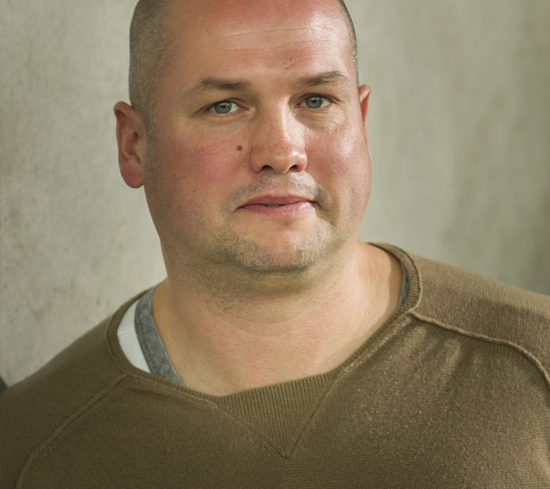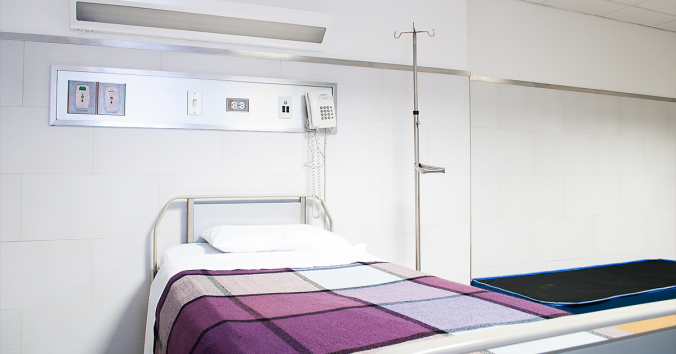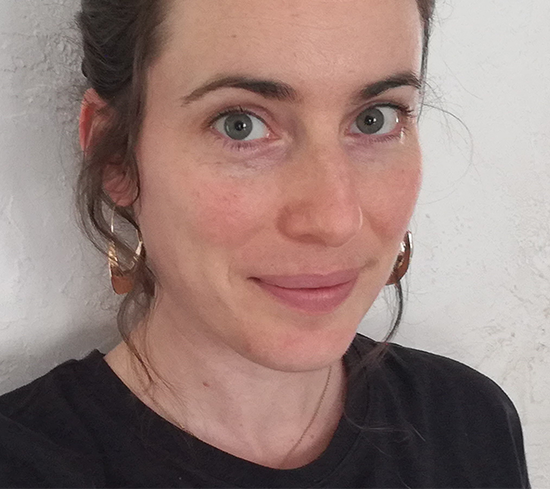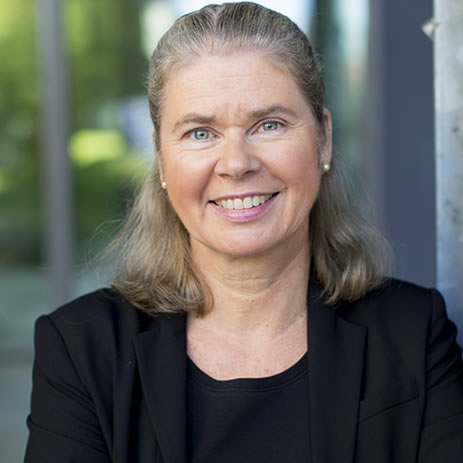Clinical psychologists receive degrees from universities, training them to effectively apply psychotherapy programs in psychiatry settings. But after graduation, whose responsibility is it to train, or perhaps re-train, clinical psychologists to practice “proper” therapy? Is it the responsibility of the owner of a three-letter branded protocol, such as DBT (Dialectical Behavior Therapy), SFT (Schema Focused Therapy) or MBSR (Metacognition Based Stress Reduction)? Or is it the responsibility of the health care systems that provide treatment? Perhaps they should ensure that a psychologist’s training is regularly updated, as in most other clinical professions?
As a clinical psychologist myself, with experience from practice in France, I want to address some challenges that I have experienced and reflected upon as I have tried to develop my own way of practicing therapy.
Medical training updates are widely encouraged for psychiatrists via the counting of credits for attending certified courses or international conferences (Continuing Medical Education Points). However, when it comes to clinical psychologists, the psychiatrists’ side-kicks offering psychotherapy treatment, there is no such unified system. Psychotherapy is in essence social work, and the success depends on the relationship between the therapist and the patient. But in many countries, particularly in the English speaking world, there is a tendency to brand specific therapeutic programs, such as the commonly known cognitive behavioral therapy, CBT, or versions of it such as dialectic behavioral therapy, DBT. Being “branded” as a psychotherapist comes with the advantage of being recurrently involved in seminars, training and follow-ups on our practice. But as a therapist, you are offering more than a program, you are offering years of experience and training. It is neither practical nor possible to “label” every little piece of training that made your practice look the way it does now. Yet psychotherapists face an entire branding system, with names such as DBT (Dialectical Behavioral Therapy), TFT (Transference Focused Therapy), SFT (Schema Focused Therapy) and MIT (Metacognition and Insight Therapy). All these names give structure, labels to refer to, which help both patients and colleagues to identify what happens in the therapy. But at the same time we might be confusing everyone involved with a jargon of acronyms. Depending on the cultural context, even using the word “client” instead of “patient” can be seen as subversive. The very idea that psychotherapy could be branded may appear strange and unusual. Are we considering the values at stake? Might not branding shift focus, from values of care towards economic considerations (such as selling your brand)? On the surface, it looks reasonable and as an approach that supports a fair distribution of care.
As an author of a CBT protocol myself, using a much longer acronym, ECCCLORE, I have been forced to question the underlying dynamic of naming or branding a particular kind of psychotherapy. Like most of the CBT protocols, the effectiveness is in the structure of the protocol. Although I wanted to protect that structure, I did not want to rule out potential changes or improvements, but to make the protocol open to practitioners’ own experiences of using it with their patients. Therefore, I always encourage my students and colleagues to integrate the protocol with their own experiences, strengths and discoveries along the way.
Why? Well, because in using a protocol to engage with people in the intimate setting that psychotherapy is, we must also examine our values as caregivers, always considering the ethical principles of non-malevolence, respect and justice. And just as you must find your way to practice any branded therapy, you must find your way to observe these ethical principles in your work.
I was not harming my patients with the ECCCLORE protocol, but I created something that requires training to apply. Otherwise, like any mechanically applied protocol, it could potentially harm patients. Can that risk be overcome by adding another branded sub-protocol? There are already names all over the place in the CBT world. We all use “branded skills” such as Beck’s Columns and Padesky’s Polygram, and they are free to use, but they are just names for very commonly used tools, which we must again learn to use in practice.
When you dive into the specificity of “certified programs,” things start to become even more complicated. If I did not brand my project, anyone could use (or abuse) the ECCCLORE brand. For example, in France one needs to declare intellectual property in order to protect the project or research results from being stolen (as the research outcome is not considered the intellectual property of the researcher, as it is in Sweden). This means that anyone can use the name, even if it is unrelated to the CBT framework. But by acknowledging the creator’s intellectual property, it is possible for me to brand my own research protocol and evidence-based program, preventing misuse of the methods. But is it helping the replication and dissemination of the protocol? And if my ultimate goal is to offer the protocol to help as many patients as possible, is branding it the best solution?
I sensed an affinity between my own reflections and recent research that questioned the ethical guidelines for social justice work in psychology and outlined the need for social justice ethics. When I thought about branded CBT programs, I recognized ethical risks everywhere. If you pay a lot of money to be trained in Program A, you expect to be recognized as a Program A practitioner, and you expect to benefit from the specific expertise that you earned. Is it fair then to offer such services at premium prices? Or to refuse to have Program A training delivered to most of the clinical psychologists? Does it make the program more affordable and accessible to the patients in need of it? Is a society fair where most of the latest advances are not available to everyone, but only in private practice? Well, there are of course economic considerations, but on the clinical level it is not easy to sort out the pros and cons of these “acronymized” psychotherapies.
As a treatment developer, I do recognize that having a name to identify the program really helps. The social component of psychotherapy is known to be an important effectiveness factor. This was the case also for me. Avoiding any stigmatizing name of my therapeutic group, such as “Borderline Group,” was a move toward justice, respect and non-malevolence. I decided to create the acronym together with the first patient group, which helped create motivation and reflected the collaborative process. Because in therapy, it is the patients who have the most at stake. Along the way, I also had a chance to be trained in a manual-based psychotherapy, and I saw the advantages, as a clinician, to have a tribe supporting me as I entered their group. Branded evidence-based psychotherapies are organizing trainings and conferences, which offer many resources for their practitioners. They build up more and more specific results around subgroups of patients, and take responsibility for the full functioning of their practitioners.
Branded psychotherapies are probably here to stay, but I wanted to highlight some practical and ethical challenges that I have experienced and reflected upon as a treatment developer. Let me conclude with one final consideration about the future. In recent research on the effectiveness of personality disorder psychotherapy, the main factors were found to be the therapeutic attitude (active and collaborative) and the clarity of the protocol (the underlying theories). Future research may further investigate whether the branding of psychotherapies, which can be confusing, may also contribute to these factors.
Sylvia Martin. (2022) Le programme ECCCLORE: Une nouvelle approche du trouble borderline. Deboeck Supérior.
In dialogue with patients















Recent Comments